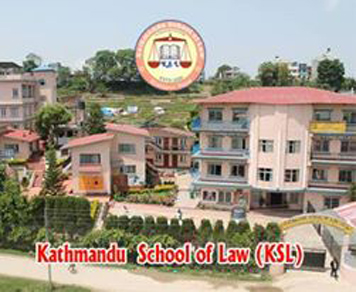News & Events
Trained as Local Peace Builders
July 07, 2015
Women have a very significant role to play in the all-round development of a nation, especially in maintaining sustainable peace at all levels. Their participation in peace building process hitherto undermined in the broader national context, if not ignored outrightedly poses a serious setback to the ongoing peace building efforts at the national and grass roots levels. UN Security Council Resolution 1325, adopted in 2000, calls for the full participation of women in decision-making, conflict resolution, and post conflict reconstruction. UNSCR 1820 in 2008 reaffirming the earlier resolution calls for an end to widespread conflict-related sexual violence and for accountability in order to end impunity. Building on these resolutions, Nepal adopted the National Action Plan on February 1, 2011 with the concept of five pillars; Participation, Protection and Prevention; promotion; Relief and Recovery and Resource Management; Monitoring and Evaluation.
In order to contribute to the realization of National Action Plan (NAP) endorsed by Nepal Government through the Ministry of Peace and Reconstruction, broadly to promote the participation of women in the issues of peace and protect them from various forms of violence against women in the post-conflict situation, altogether seven 5-day Peace Building Trainings were conducted for 196 participants, in Biratnagar & Gaighat between January and May 2014. This activity was specially designed for the capacity enhancement of existing mediators, with especial focus on women, of various village development committees of Morang and Udayapur districts who CeLRRd had already given 8-day basic community mediation training and where a number of mediation centers are operational to resolve locally arisen disputes and cases of violence against women. Training aimed to strengthen the capacities of women mediators to work effectively and make decisions for community peace and harmony through local peace building efforts and to protect VAW victims’ right to justice through enhanced mediation skill and to promote victims’ right through mass advocacy campaigns.
Training enhanced their skills further on their roles and responsibilities in peace building as per the need; analyzing and understanding conflicts and their resolution; handling the cases of women rights and related to domestic violence, concepts of appreciative inquiry, and restorative justice. In the context, wherein women’s leadership is not trusted, they would be working for resisting violence including human rights violations as well as towards polarizing behaviors and discourses, and for the development of societies and thus, work better as community peace builders towards sustainable peace. The peace building trainings to women social and community leaders, will not only reduce the chances of escalating violent and destructive conflict in their communities but also people have better alternative to deal with the conflict situation in their respective communities. Specifically, through this initiative, the women mediators’ capacities to work as peace builders will be further strengthened and consolidated and they become change agents to transform the consciousness, attitude, behaviors and skills of a critical mass of Individual Change Theory of Peace building.


 Back to News & Events Page
Back to News & Events Page

